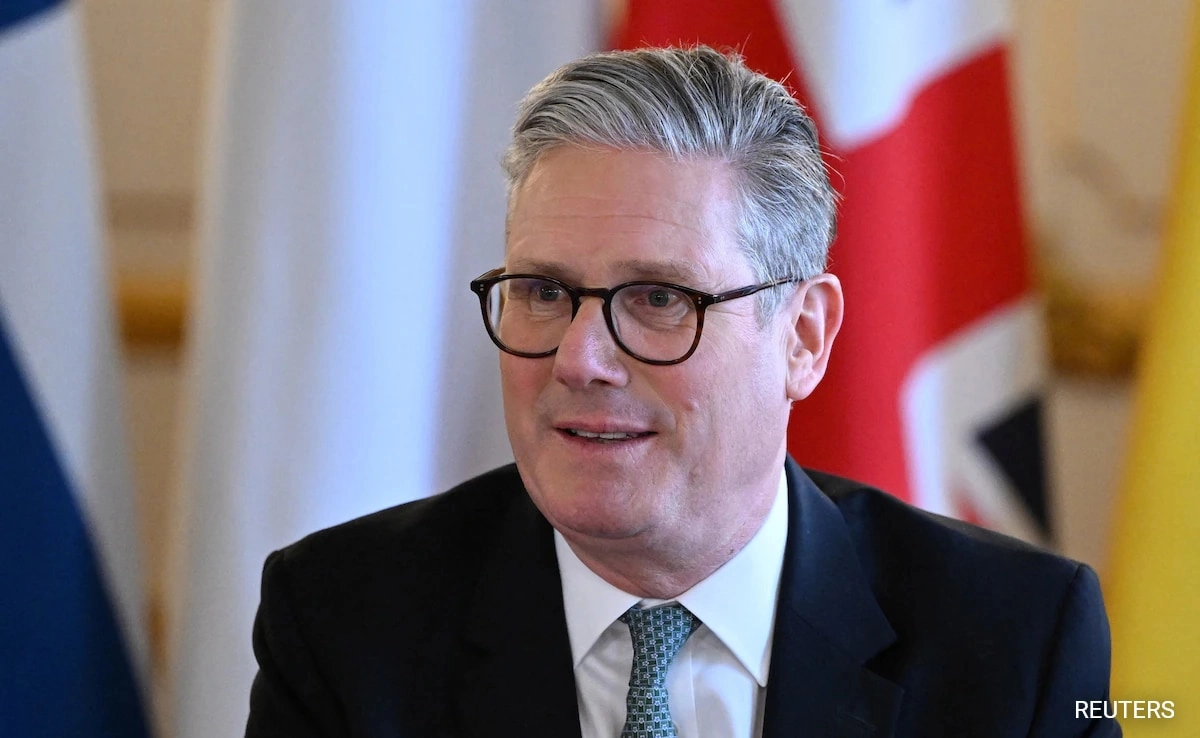The United Kingdom is actively engaging in discussions with several third countries to establish agreements that would allow for the deportation of migrants who arrive on its shores illegally. This initiative is part of a broader strategy aimed at managing immigration and addressing the increasing numbers of individuals attempting to cross the English Channel in small boats. The UK government’s approach reflects a firm stance on immigration policy, emphasizing the need for deterrents against irregular migration. By partnering with other nations, the UK seeks to create a framework that not only dissuades unlawful entry but also provides a mechanism for processing asylum claims outside its borders.
These negotiations involve a variety of countries, each presenting unique challenges and opportunities. The UK government is exploring options that would enable it to send migrants to these partner nations, where their asylum claims could be assessed in a controlled environment. This would potentially alleviate the pressure on the UK’s own asylum system, which has faced significant strain due to a surge in applications. Critics of the plan argue that it raises ethical concerns, particularly regarding the treatment of migrants in third countries and the adequacy of their legal protections. Proponents, however, contend that such measures are essential for maintaining the integrity of the UK’s immigration system.
Furthermore, the discussions highlight the complexities of international cooperation on migration issues. The UK must navigate diplomatic relationships and ensure that any agreements align with international law and human rights standards. There is also the challenge of public perception, as immigration remains a contentious topic within the UK. The government’s strategy appears to be a response to mounting pressure from various stakeholders, including political allies and public sentiment, which increasingly calls for decisive action on immigration control. As negotiations progress, the outcomes could significantly influence the future landscape of the UK’s immigration policies and its relations with partner countries.
Overall, the UK’s initiative to work with third countries for the deportation of migrants signifies a pivotal moment in its approach to immigration. It reflects a broader trend among nations grappling with similar challenges, where the emphasis is placed on externalizing border controls. The implications of these discussions will be closely monitored as the government seeks to balance its commitments to international norms with its domestic policy objectives. As the situation evolves, it will be critical to assess the effectiveness and humanitarian impact of such agreements on migrants seeking refuge and the countries involved in hosting them.




